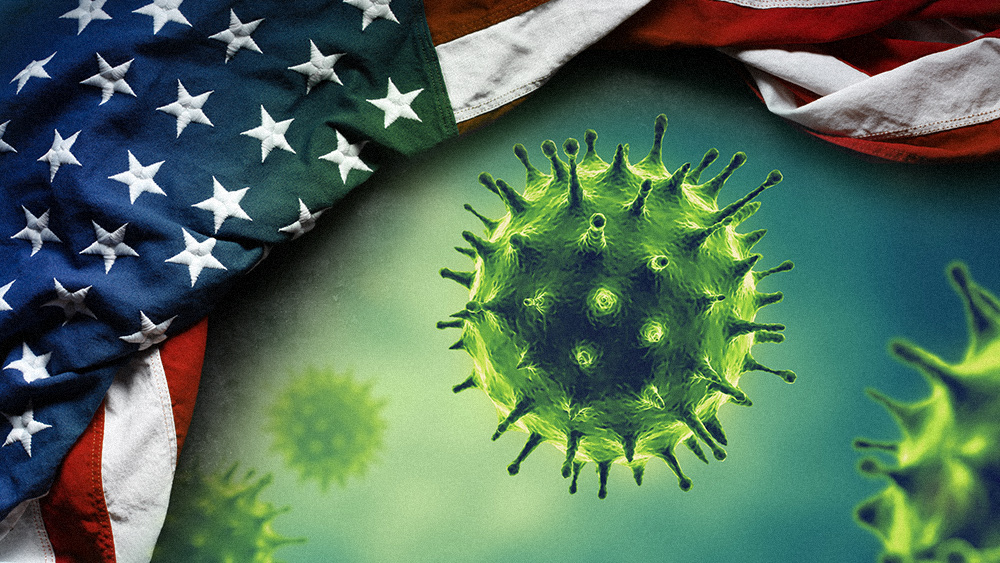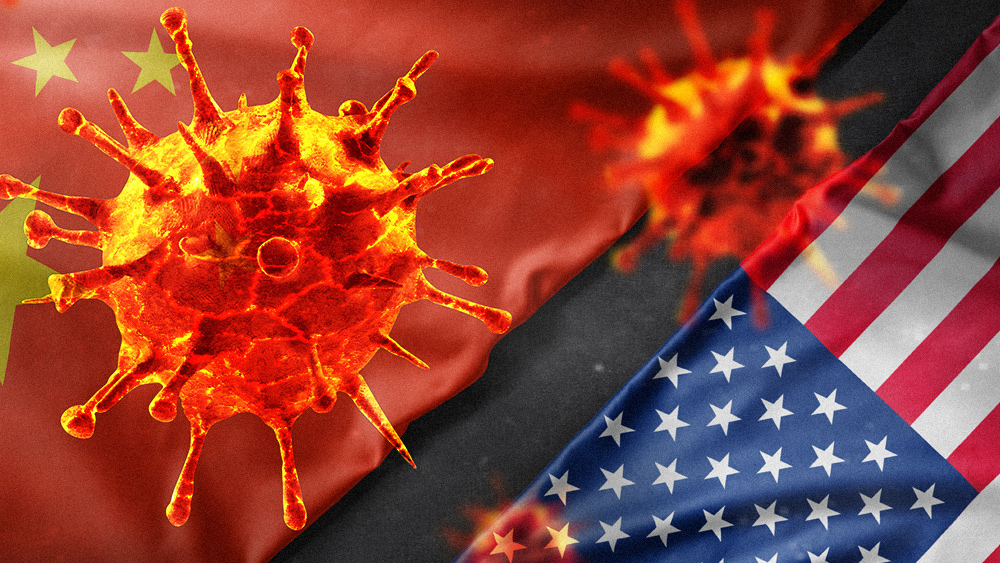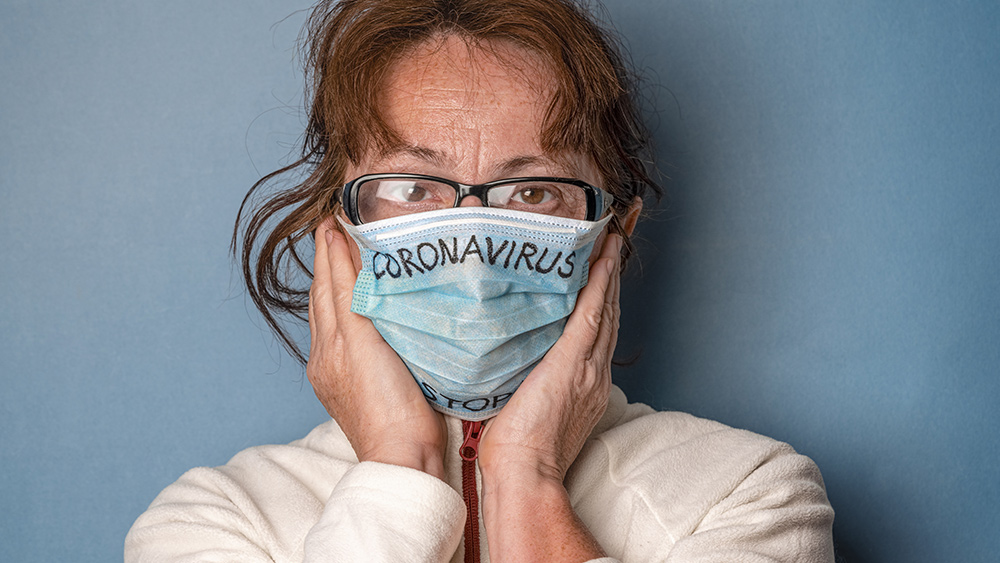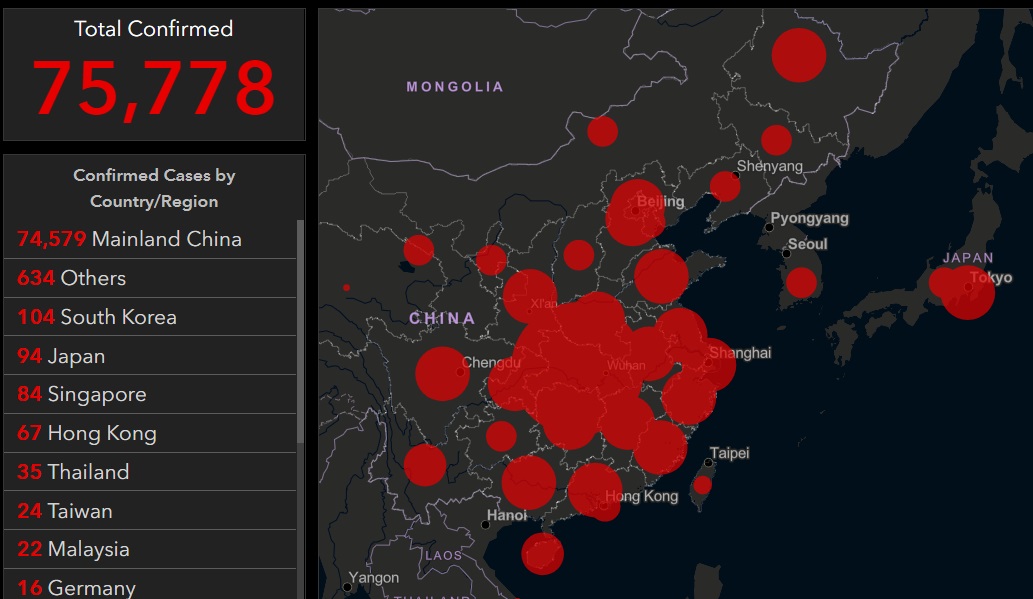Patients’ health put at risk as doctors fail to practice good hand hygiene
02/19/2020 / By Darnel Fernandez

In light of the recent coronavirus outbreak, the Centers for Disease Control and Prevention (CDC) urges the public to thoroughly and frequently wash their hands with soap and water, highlighting the fact that proper hand hygiene is a tried and tested practice of preventing the spread of infection. However, what you might not know is that among all types of healthcare providers, physicians are the least likely to wash their hands while caring for their patients.
This is a complete step back from what Hungarian physician Ignaz Semmelweis first observed back in 1846. Semmelweis analyzed two maternity wards in a hospital where he worked and discovered that death rates saw a significant drop when physicians, who were working with cadavers or assisting in births, washed their hands regularly. Unfortunately, doctors at the time did not take the findings kindly, angry for being blamed for the deaths of their patients.
Even today, it can still be difficult to convince some healthcare professionals to regularly wash their hands in between patient interactions. According to a study published in the journal Annals of Internal Medicine, only about 57 percent of 163 doctors washed their hands between patients. Lead researcher Didier Pittet observed that doctors with busy workloads were even less likely to wash their hands. However, if they thought that they were being observed, the doctors were more likely to follow proper hand hygiene.
Another study, presented at the Association for Professionals in Infection Control and Epidemiology conference, attributed hand hygiene habits to the Hawthorne effect. The researchers found that hygiene compliance differed significantly depending on whether or not the health professionals knew they were being evaluated.
Negative effects of poor hand hygiene
Poor adherence to hand hygiene has been a longstanding issue. The CDC reports that healthcare providers only wash their hands less than half the time that they should. The World Health Organization (WHO) has also observed an average adherence of as low as 40 percent.
Hand-washing for healthcare practitioners is important to avoid the spread of healthcare-associated infections (HAI) that is commonly linked to poor hand hygiene. Microbes that can spread by hand contact include Staphylococcus aureus (including MRSA), Streptococcus pyogenes (Group A Strep), vancomycin-resistant Enterococcus (VRE), Klebsiella, Enterobacter, Pseudomonas, Clostridium difficile, Candida, Rotavirus, Adenovirus, Hepatitis A virus and Norovirus.
According to the CDC, about one in 31 hospital patients has at least one healthcare-associated infection on any given day. In 2015, it was estimated that there were 687,000 HAIs in US acute care hospitals – and about 72,000 of these patients died during their hospitalizations. (Related: 247 Americans die every day from doctors not washing their hands.)
Practicing good hand hygiene, like washing hands every so often, is the simplest means of reducing the prevalence of these infections, which are often acquired in certain healthcare settings. This is important because HAIs can prolong recovery time and hospital stays, and can result in disability, increasing medical costs and even life-threatening complications for some patients.
A study published in the journal Emerging Infectious Diseases investigated whether an improvement in hand hygiene compliance to an even higher level can lead to a decrease in HAIs. After a 17-month period following a hand hygiene program that resulted in a 10 percent improvement in hand hygiene, researchers from the University of North Carolina noted a six percent decrease in overall HAI incidents, supported by 197 fewer cases of infections and an estimated 22 fewer deaths overall. These reductions resulted in an overall savings of about $5 million.
Keep your hands washed and clean as often as possible to prevent the spread of potential diseases. Read more studies and stories about healthcare-associated infections at Infections.news.
Sources include:
CDC.gov 2 [PDF]
Apps.WHO.int [PDF]
Tagged Under: bad doctors, Diseases, hand hygiene, hand washing, healthcare associated infections, healthcare practitioners, hygiene, infections, Microbes, outbreak, pandemic, physicians, prevention, virus




















